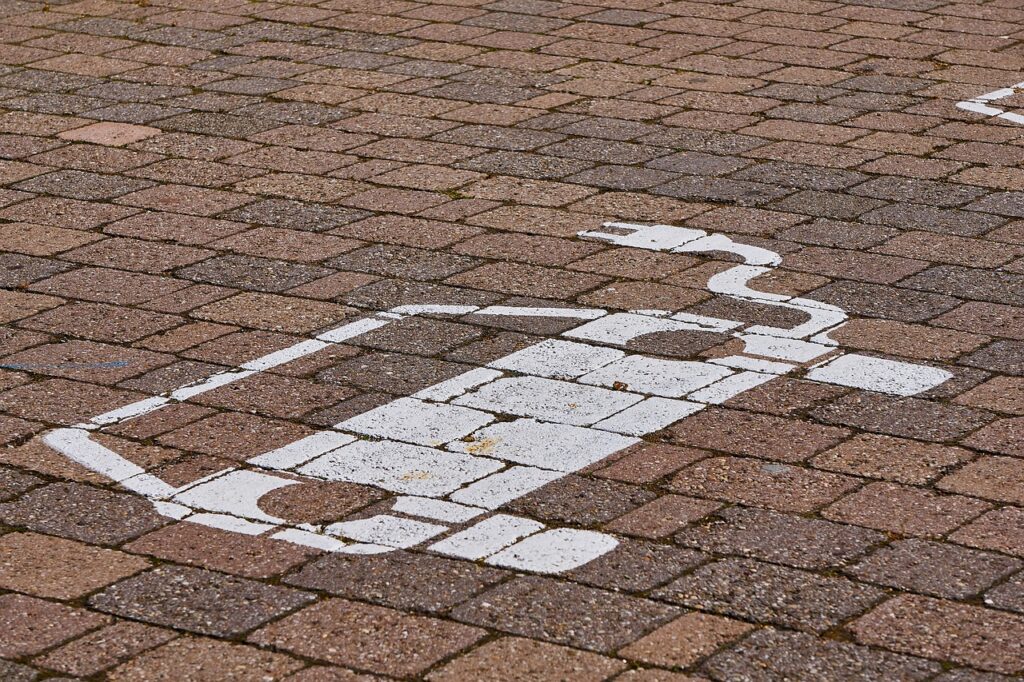Electric vehicles (EVs) could benefit from new conductive polymer coating that can boost their Lithium-Ion (Li-Ion) batteries, and make them longer-lasting. The coating was developed by scientists at the US Department of Energy’s Lawrence Berkeley National Laboratory. It is called HOS-PFM and ensures battery stability in addition to high charge and discharge rates by simultaneously conducting electrons and ions, as said by the laboratory in a press release.
According to the senior scientist in Berkeley Lab’s Energy Technologies Area, Gao Liu, “The advance opens up a new approach to developing EV batteries that are more affordable and easy to manufacture,” adding that “The coating also shows promise as a battery binder that could extend the life of a lithium-ion battery from an average of ten to about 15 years.”
In order to demonstrate the superior properties of HOS-PFM, the team coated aluminum and silicon electrodes, after which performance testing was conducted. This type of coating is produced using a nontoxic polymer and will enable the usage of electrodes that contain silicon up to 80%. This high silicon content could boost the energy density of Li-Ion batteries by a minimum of 30%, making this type of battery more cost-competitive and more affordable, as opposed to those containing graphite.
According to Liu, this could lead to increasing the availability of entry-level EVs, as a result of cheaper batteries. In addition, the experiments showed that HOS-PFM coating prevents degradation during battery cycling of silicon and aluminum-based electrodes and delivered high battery capacity over 300 cycles.
The findings are described in the journal Nature Energy. The team plans to work with companies in order to advance HOS-PFM to mass manufacturing levels. This research was supported by the DOE Vehicle Technologies Office and by the Toyota Research Institute. Founded in 1931, the researchers from the Berkeley Lab develop solutions for energy and environmental sustainability. Such projects are essential for solving EVs’ relatively short driving range and battery life concerns.
Article Source: Berkeley Lab
Image by Markus Distelrath from Pixabay






